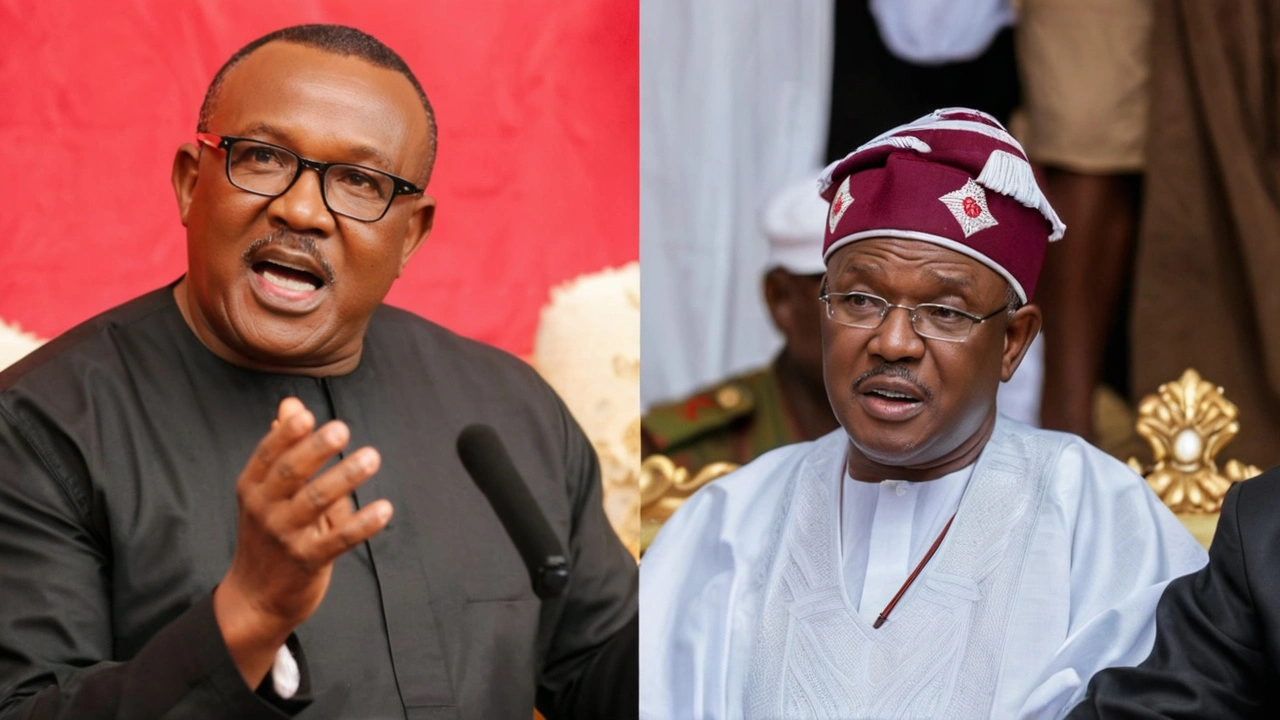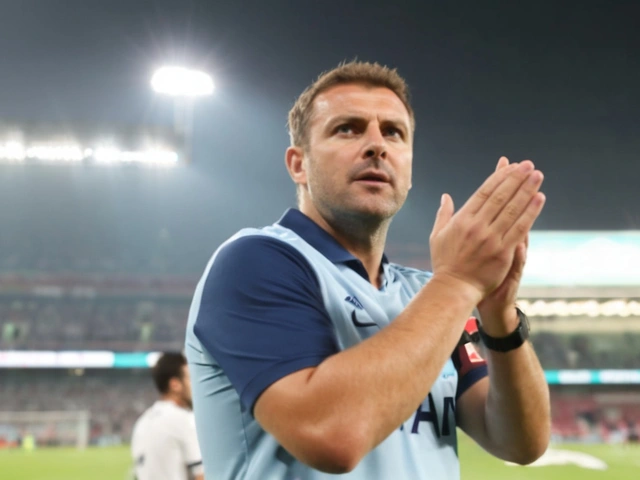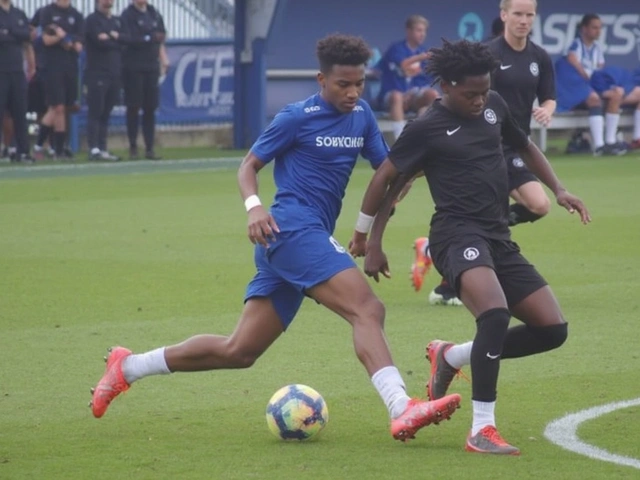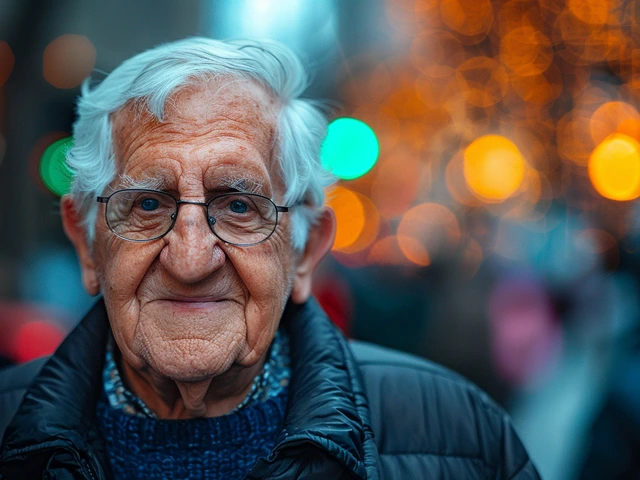Nigeria Protests: Latest Updates, Causes, and Safety Tips
Across Nigeria, streets have been buzzing with protests for weeks now. From Lagos to Abuja, people are gathering to shout about price hikes, police brutality, and election worries. If you’re reading this, you probably want to know what’s really going on and how to stay safe while the country’s mood shifts.
Why Are Nigerians Taking to the Streets?
The big driver is the rising cost of living. Fuel, food and transport bills have jumped, and many families say they can’t make ends meet. At the same time, reports of police abuse have sparked outrage, especially after the recent detention of a well‑known activist. Add in a tense election cycle, with opposition groups accusing the government of rigging, and you’ve got a perfect storm for public anger.
Social media also plays a huge role. Videos of clashes spread fast, urging more people to join. While some protests are organized by student groups or labor unions, many are spontaneous, sparked by a single incident that goes viral.
How Protests Are Affecting Daily Life
Traffic in major cities slows down dramatically when roadblocks appear. Some businesses shut for a day, especially those near main avenues. Banking services can be disrupted if protestors target ATMs or bank branches. On the bright side, many local markets have adapted, setting up alternative routes for traders to keep goods moving.
Security forces often respond with water cannons and tear gas. This can lead to injuries, especially for those caught in the middle. If you’re not part of a protest, it’s wise to avoid hot‑spot areas and keep an eye on local news for updates.
Practical Tips to Stay Safe
First, stay informed. Follow trusted local radio stations or credible online outlets for real‑time alerts. Second, plan alternate routes if you need to travel through a city known for protests. Third, keep your phone charged and have emergency contacts saved.
If you find yourself near a crowd, stay calm and move away slowly. Don’t engage with police unless asked, and avoid making any political statements on the spot. Carry a small bottle of water and a mask – they can protect you from tear‑gas fumes.
For those who want to support the cause, consider donating to reputable NGOs that are helping victims of police abuse. Social media can amplify a message, but verify any information before sharing – false rumors can make the situation worse.
What to Expect in the Coming Weeks
Experts say the protests will likely continue until the government addresses the core grievances: lower fuel taxes, stronger policing reforms, and transparent election processes. International observers are watching closely, and there may be pressure for dialogue between protest leaders and officials.
In the meantime, ordinary Nigerians are adapting. Some neighborhoods set up community watch groups, while others organize peaceful candlelight vigils. The spirit of resilience is clear – people want change, but many also want to keep their families safe.
Whether you’re a resident, a visitor, or just curious, staying aware and prepared is the best way to navigate this uncertain period. Keep checking back for the latest updates and remember that your safety comes first.
HURIWA Criticizes Government's Accusations Against Peter Obi Over Protest Plans
Human Rights Writers Association of Nigeria (HURIWA) has rebuked the Nigerian government's accusations that Peter Obi's supporters are behind planned protests against economic hardship. HURIWA asserts these allegations are unfounded and accuse the government of attempting to stifle legitimate dissent.
View More





